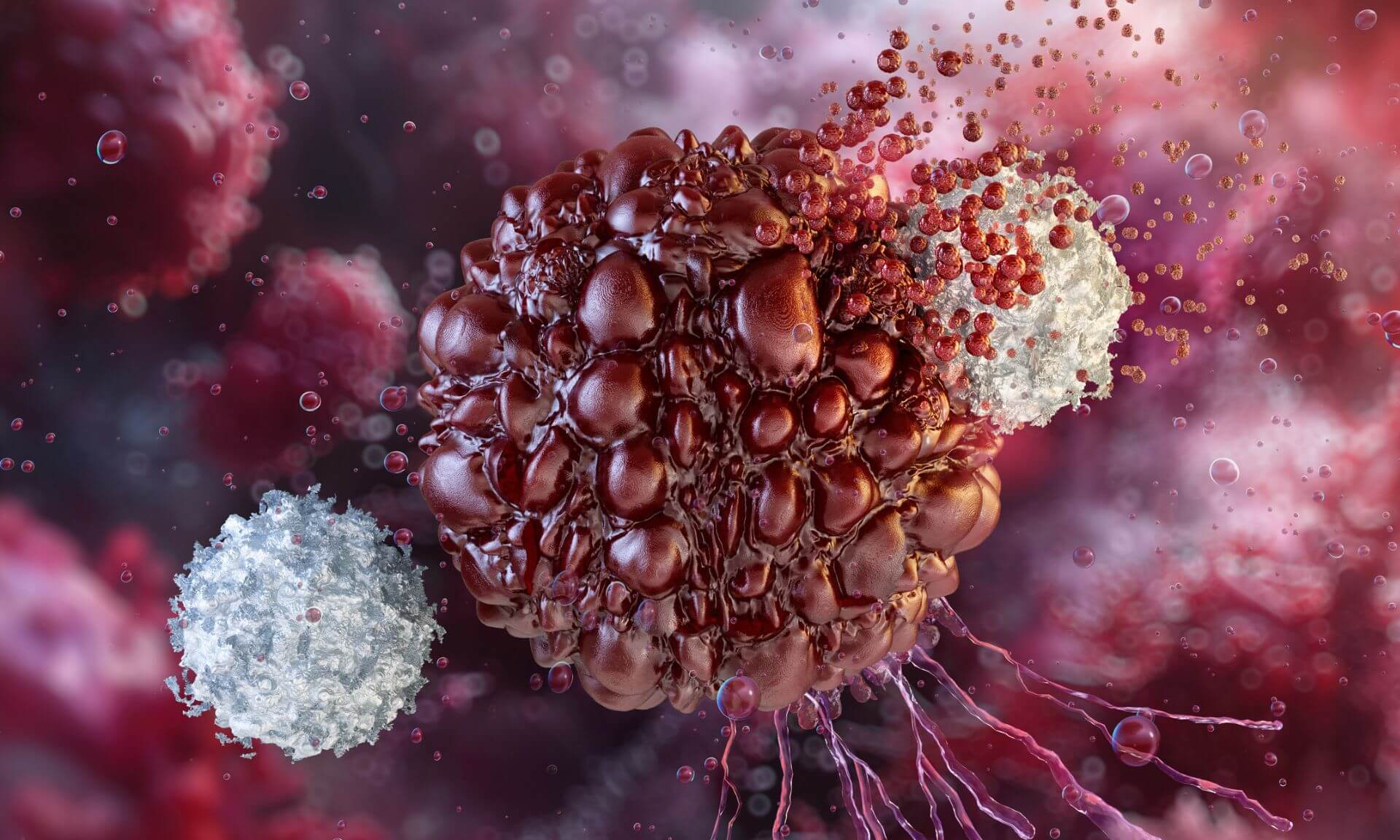A study led by André Veillette, a researcher at the Montreal Clinical Research Institute (IRCM) and professor in Université de Montréal's Faculty of Medicine, sheds new light on the complexity of the immune system and its role in cancer treatment. Published in September in Science Immunology, the study highlights how a deeper understanding of immune “brakes” could lead to more effective therapies.
The immune system uses built-in mechanisms—known as inhibitory immune checkpoints—to prevent attacks on healthy cells. While they are essential for maintaining balance, these checkpoints can also prevent the immune system from attacking cancer cells. To counter this, scientists have developed checkpoint blockers, a class of drugs that release these brakes and help the immune system fight cancer.
However, these treatments don’t work for all patients or all types of cancer.
“Checkpoint pathways are far more complex than we once thought,” said University of Macau cancer researcher Dr. Zhenghai Tang, the study's lead author and a former researcher in Veillette's lab at the IRCM. “To improve treatments, we need to understand how these brakes function at a molecular level."
The study focused on two key checkpoint molecules: SIRPα, found on immune cells called macrophages, and CD47, present on many cells including cancer cells. When these two molecules interact, they send a “don’t eat me” signal that prevents macrophages from destroying cancer cells.
By blocking the interaction between SIRPα and CD47, the researchers were able to reduce the inhibitory signal by about 50 per cent. Surprisingly, the remaining half of the signal persisted even without CD47—suggesting that SIRPα can suppress immune responses through other pathways.
This finding helps explain why therapies targeting CD47 alone have shown limited success. “To make these treatments more effective,” said Tang, “we may need to block all the ways SIRPα suppresses the immune system—not just its link to CD47.”





